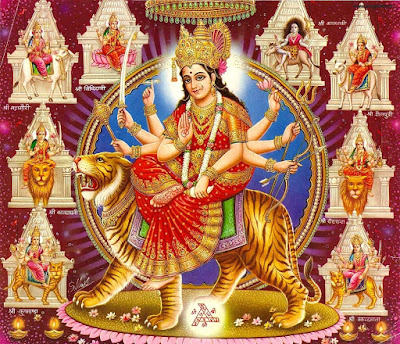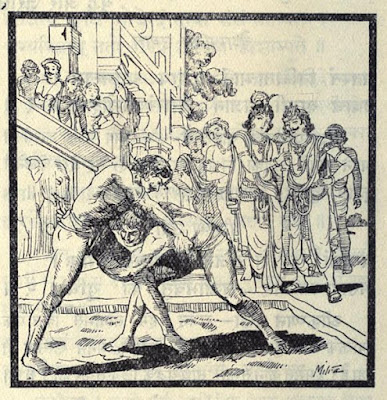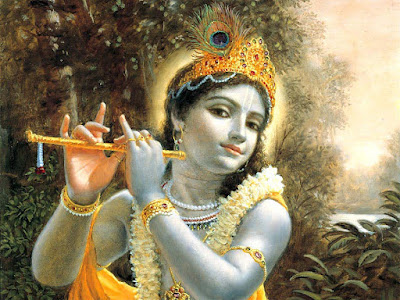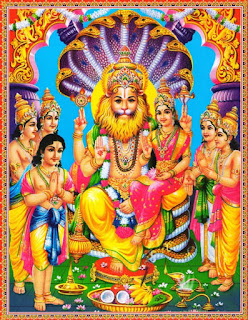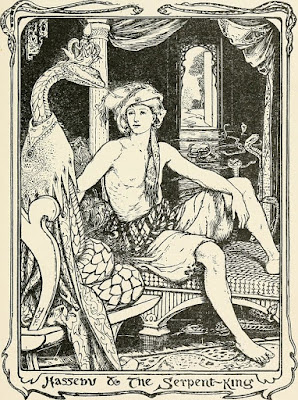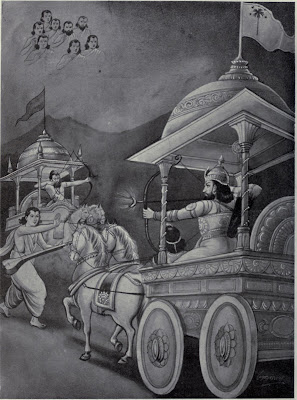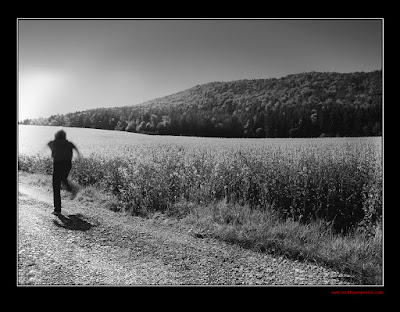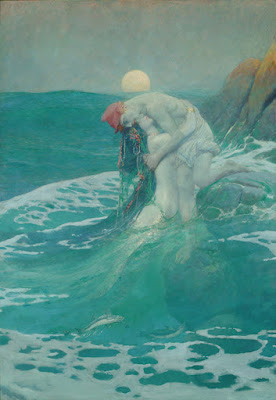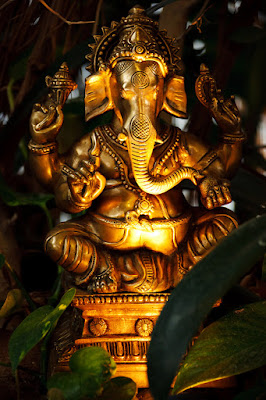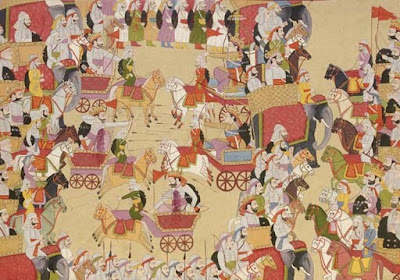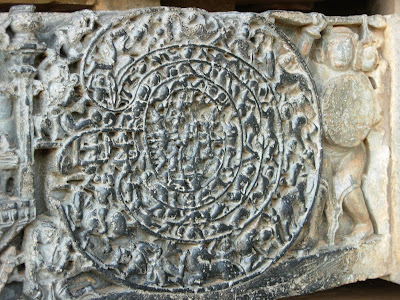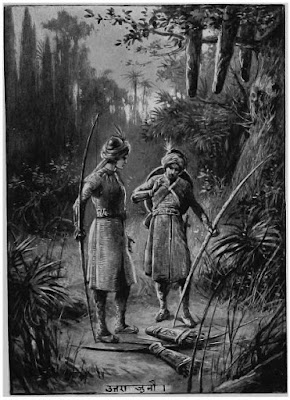Reading Notes: Indira Parthasarathy's Krishna Krishna, Part C
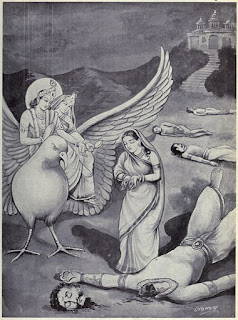
An interesting contraption: A bow sitting on a pedestal a fish-like contraption on the ceiling that always rotated and created an image of a fish in a pond below What kept it rotating? Was it wind, the motion of the earth, or even electricity? I like the image of Arjuna during the swayamvara: a "handsome beard", and "hair flowing down his shoulders". That is my kind of man. Have I tried applying my computer knowledge to my storytelling? How would I even do that in a subject like this? Did I choose the wrong reading if I really wanted to do that? Who are Jatilaa and Prachetasa? I admire them for having multiple husbands. What if Draupadi and the Pandavas were gender-bent? Note that Krishna repeats that Draupadi is born of fire, a righteous one. There are occasionally examples of diction that relate to this. Going back to the loss of the gambling game, what if Krishna had given Draupadi the power to unleash the strength of the fire from which she was bor...
